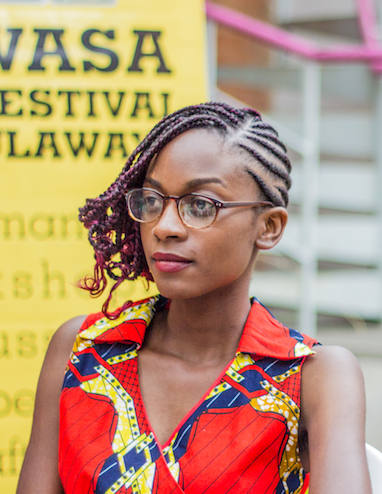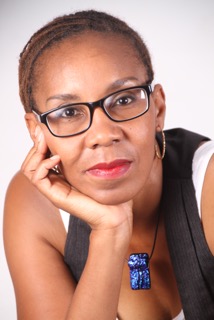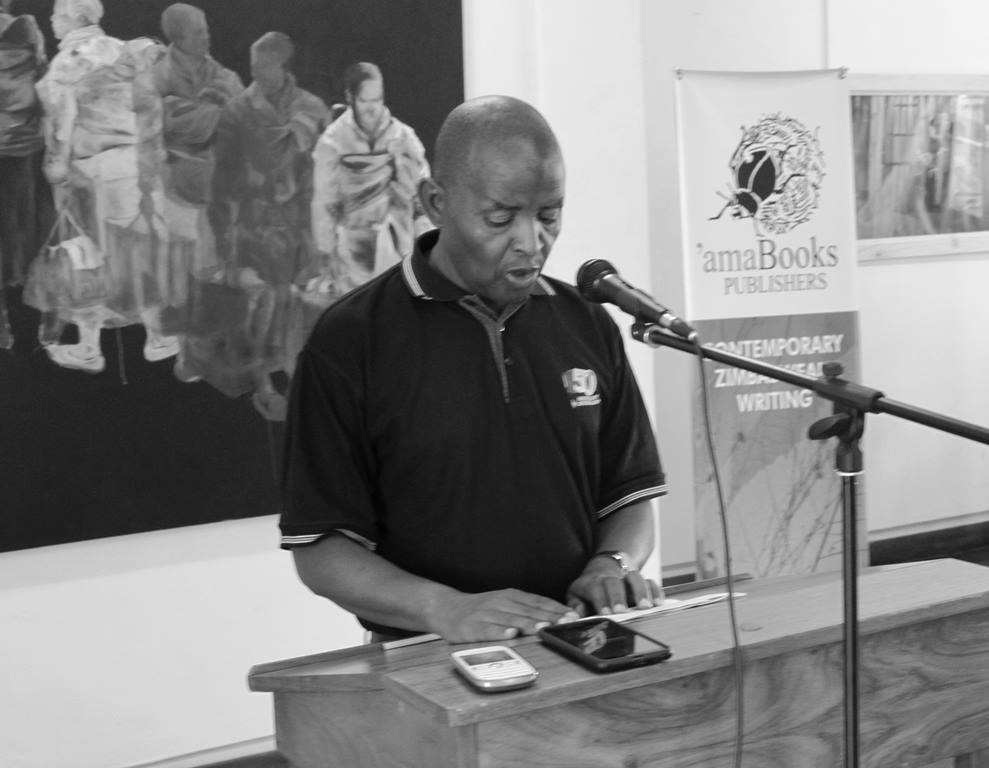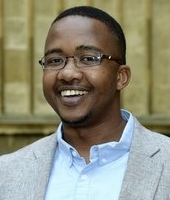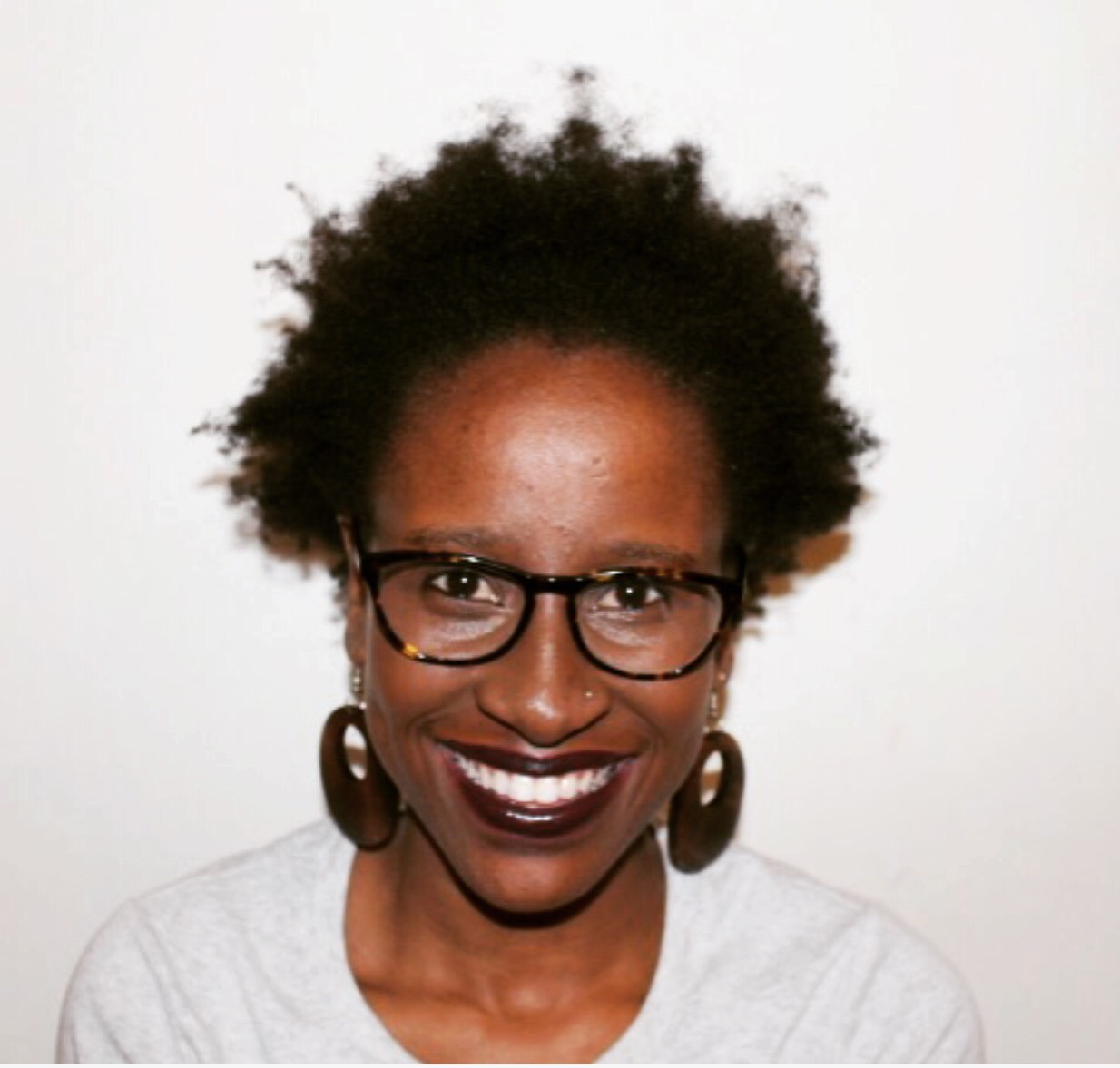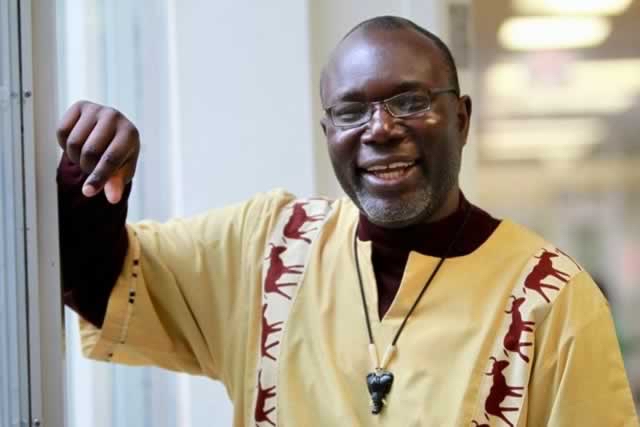“Things fall
apart; the centre cannot hold,” said WB Yeats in his poem The Second
Coming, his words famously echoed in the title of Chinua Achebe’s
groundbreaking 1958 novel. But does the centre still hold? Is Western tradition
still the centre, for literature, after all?
At first
inspection – and bearing in mind that NoViolet Bulawayo’s Booker-nominated We
Need New Names and Nigeria’s acclaimed Chimamanda Ngozi Adichie’s
latest novel, Americanah are both set in the States – the reader
might think America is some kind of axis for the African imagination. Three of
the five shortlisted stories are directly concerned with America. However, read
on and you soon discover the majority of themes are tied to home soil. Even so,
“[p]eople have a way of getting lost in America,” fears a mother in the story
titled America. “America has a way of stealing our good ones from
us. When America calls, they go.”
This year’s
Caine Prize was not without controversy. Things turned nasty after Adichie said
in an interview that she wasn’t interested in the Caine collection, and didn’t
think it’s where you’d find the best African writing. Shortlistee Abubakar Adam
Ibrahim responded with a swift “F*ck you” on Twitter, while Elnathan John
revealed perhaps more than he should have of his feelings towards Adichie on
his blog.
A Memory This
Size and Other Stories consists of the five stories
shortlisted for the 2013 Caine Prize – all of exceptional quality – as well as
12 new, specially produced stories created at this year’s Caine Prize workshop
in Uganda.
First prize
went to Tope Folarin for Miracle, set in a Nigerian evangelical
church in Texas. While I agree with one judge’s appraisal that Miracle is
“a delightful and beautifully paced narrative, that is exquisitely observed and
utterly compelling,” I prefer Pede Hollist’s Foreign Aid.
This story,
of a man from Sierra Leone who emigrates to America and becomes fat on both
fast food and on the worst of the values he finds there, was filled with the
same cynicism as the winning story, but with perhaps even more dark humour. In
this account of the protagonist’s return to his native “Salone”, a “Louis
Vuitton fanny pack” of dollars strapped to his waist, we are shown what happens
when a man behaves like a tourist in his home country. While the writer pokes
fun at certain American ways, he does not shy away from illustrating Sierra
Leone’s problems.
Abubakar Adam
Ibrahim’s The Whispering Trees contains elements of magic
realism. A young man, dead but not dead, blinded by the accident that killed
him but didn’t, emerges from the hell of depression able to see the souls of
people and objects. The protagonist’s bad behaviour, in the darkest period of
his blindness, held for me flashes of Orhan Pamuk. I love this story, but
Ibrahim’s workshop story, The Book of Remembered Things, also
included in the anthology, I love more. It deals with religious disbelief, but
also zeal. It is a sensitive, moving portrayal of one family’s love, hate and
hurt, and ways of protecting, that will stay with me for a long time.
Bayan Layi, by Elnathan
John, is a brilliant and terrifying story of children running wild; boys
without hope, without love, that speak the language of violence and of killing.
I was impressed by the writer’s ability to make you warm to the protagonist,
even though the child is someone you’d hate to meet in person. John’s
characters are striking and complex.
Perhaps my
favourite was Chinelo Okparanta’s America, in which a young
Nigerian teacher, who dreams of being an environmental engineer, follows her
lover to America. It is a poignant love story in which we are reminded that
there are trickier places than America to be gay. The protagonist explains to
the visa interviewer that she wants to go to America to study environmental
engineering so that she can learn about recent oils spills in the US and how to
apply the lesson in the Niger Delta.
The story
speaks of some form of restitution. If, for centuries, colonial powers tapped
Africa of its natural resources, with little regard for environmental impact,
perhaps they can at least pass on knowledge of how to deal with environmental
disaster today.
The second
section of the collection, the workshop stories, holds some brilliant work, and
some of a less polished standard. The short story is a difficult form for the
new(er) writer, and especially endings can be elusive. This is clear from the
weaker stories, which are sabotaged by their endings more than anything else.
Yet there is no shortage of excellent writing in the workshop section.
Wazha Lopang’s The
Strange Dance of the Calabash is a delightful dig at patriarchy and
arranged marriage. Melissa Tandiwe Myambo’s Blood Guilt is an
ironic, chilling but darkly humorous account of post-liberation atrocity.
Hellen Nyana’s Chief Mourner deserves special mention for its
pathos and focus on relationships. Rotimi Babatunde’s Howl is
a wonderful piece of satire and magic realism. Stanley Onjezani Kenani’s
haunting Clapping Hands for a Smiling Crocodile deals with
environmental concerns. And Elnathan Johns’ A Memory This Size is
magnificent piece of work. As it happens, John’s bio reads that he has “tried
hard, but has never won anything.”
I’m willing
to bet that last part will change.
Published in
Zimbabwe by amaBooks, Bulawayo
Reviewed by
Maya Fowler, who is a writer, editor
and translator.
This review first appeared in the Cape Times in November 2013


.jpg)




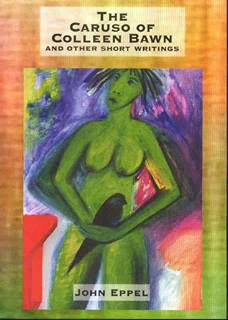

















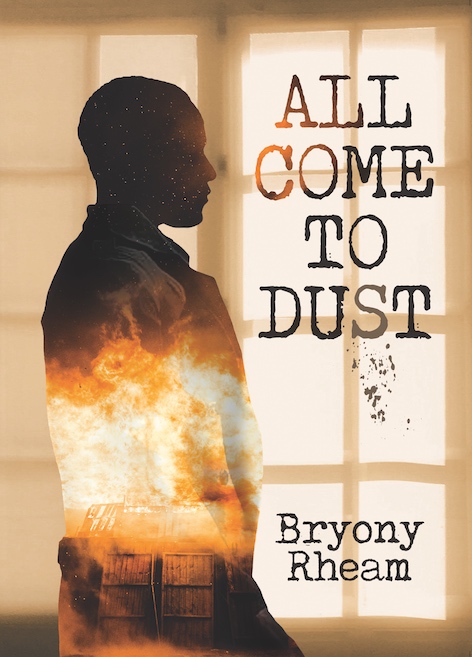
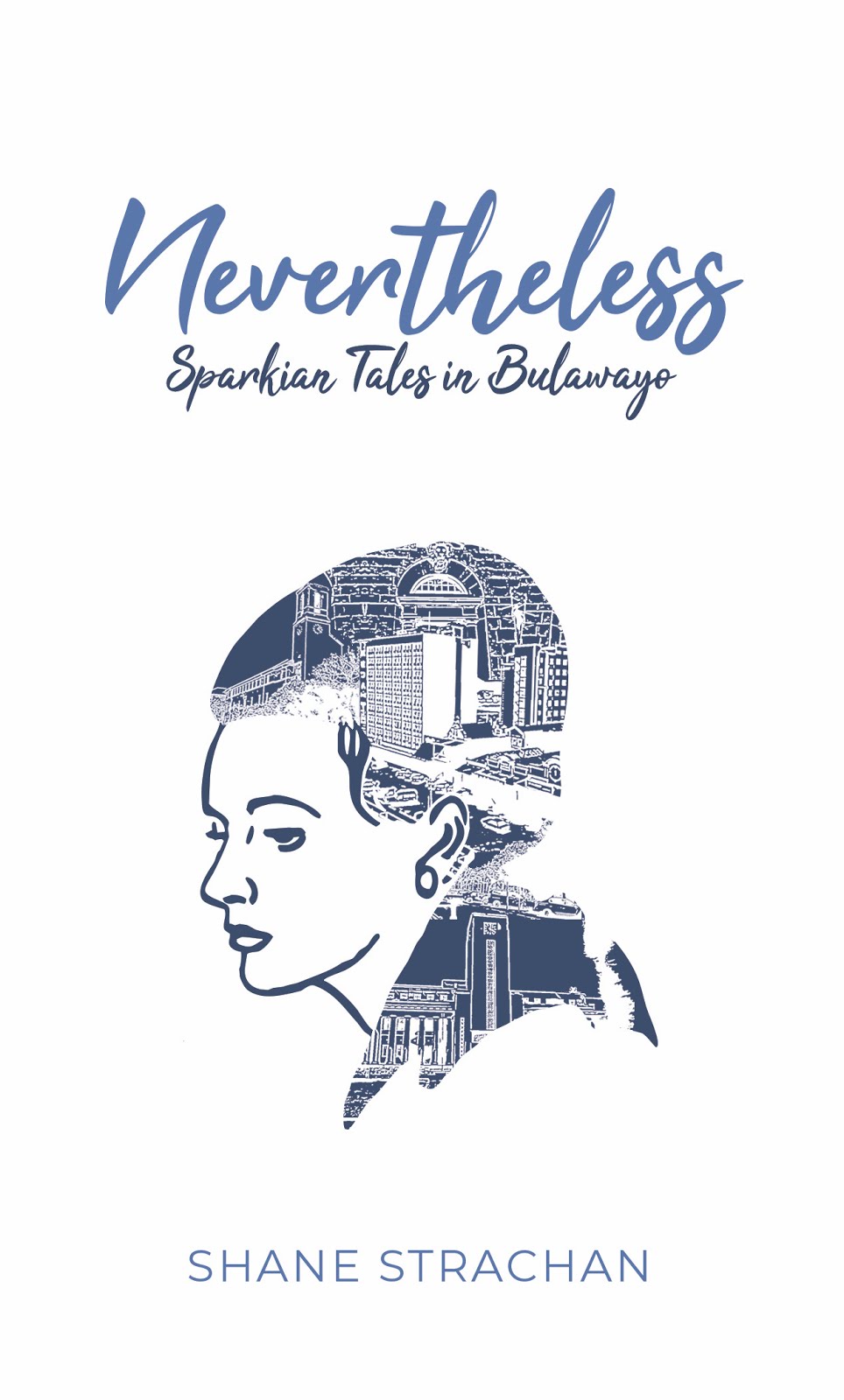





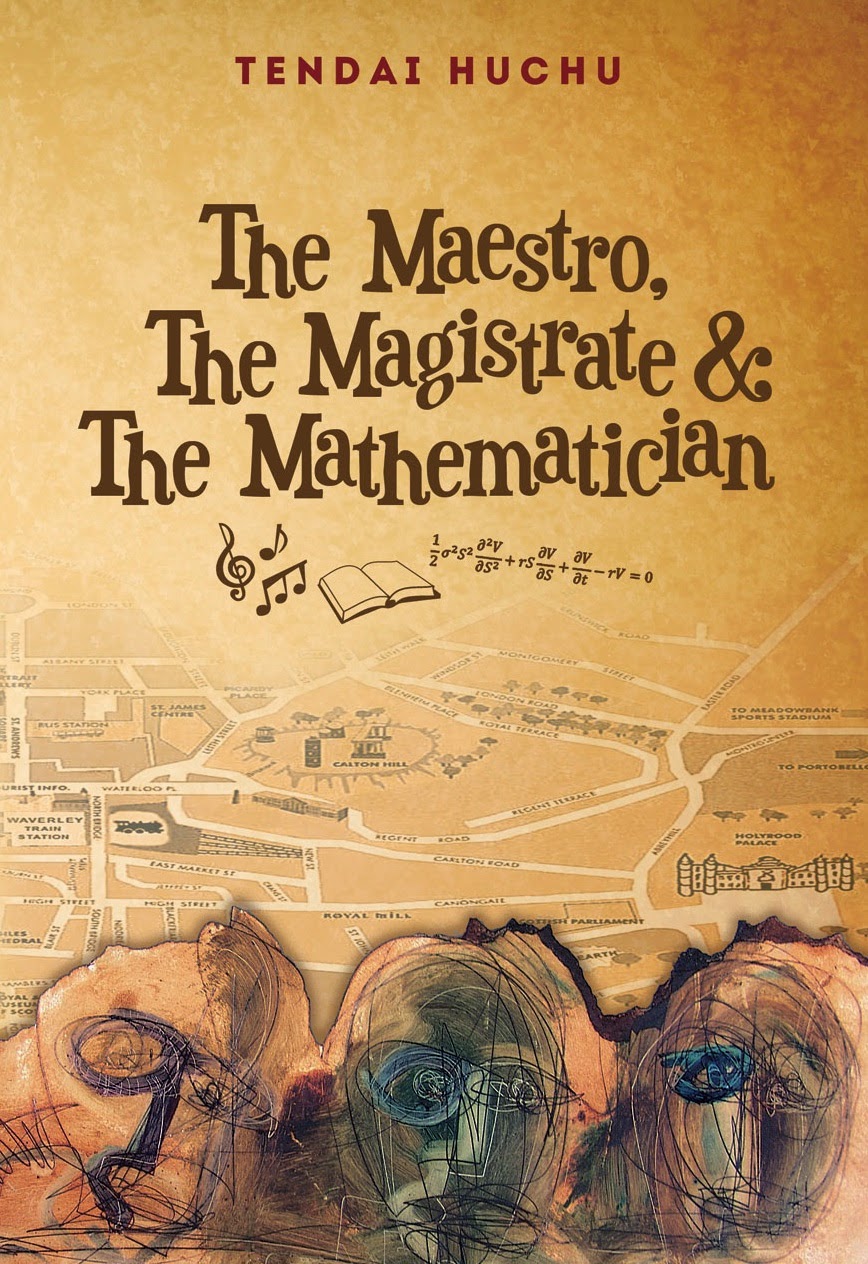
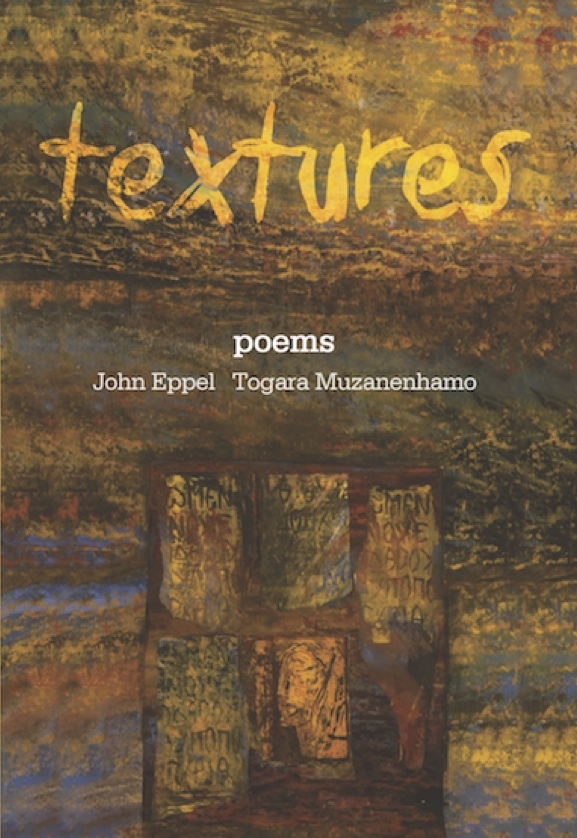
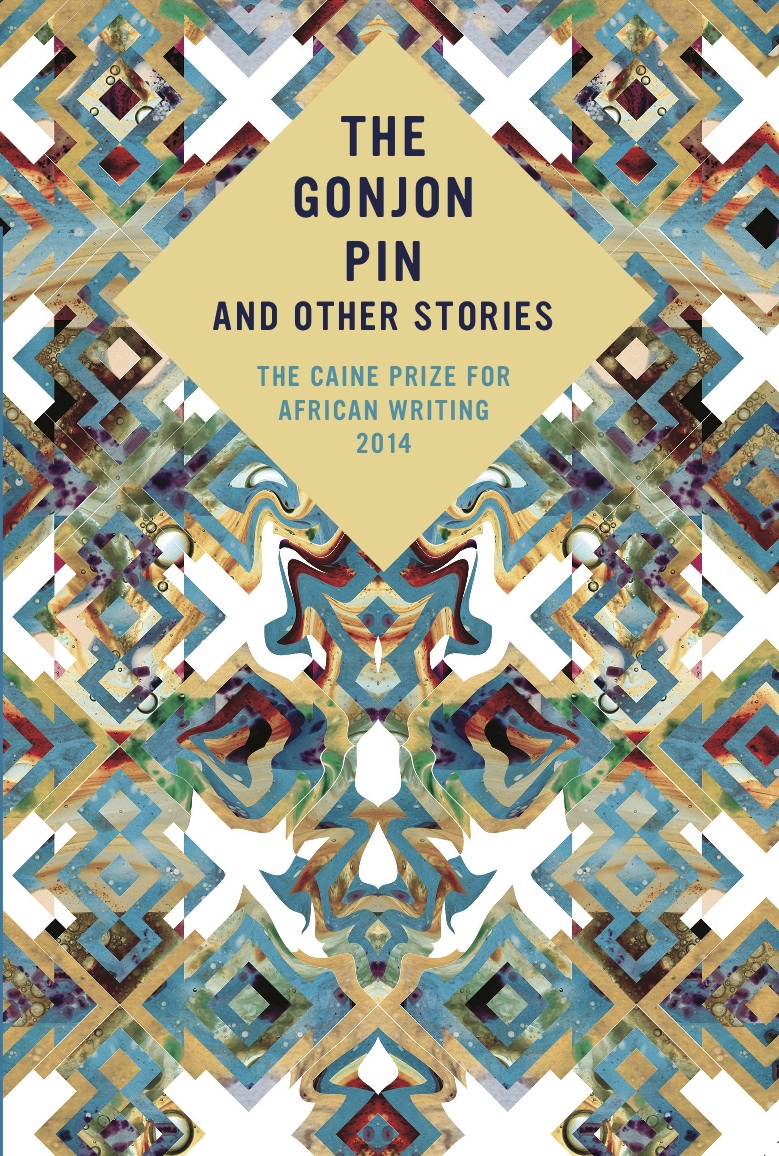
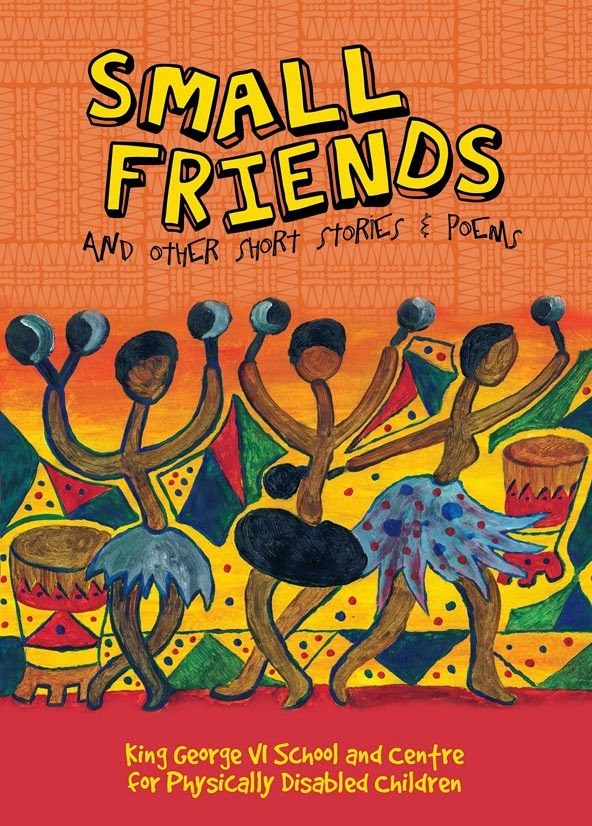
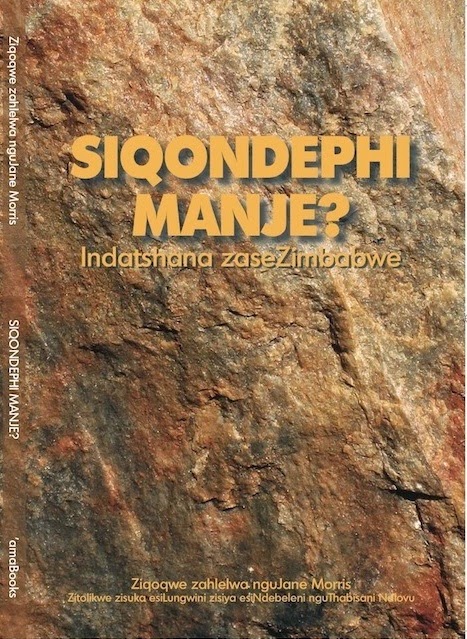
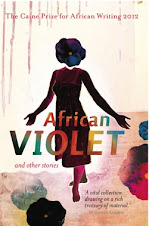

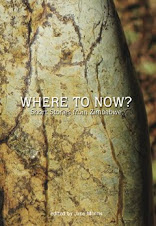
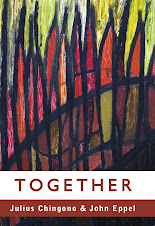
.jpg)

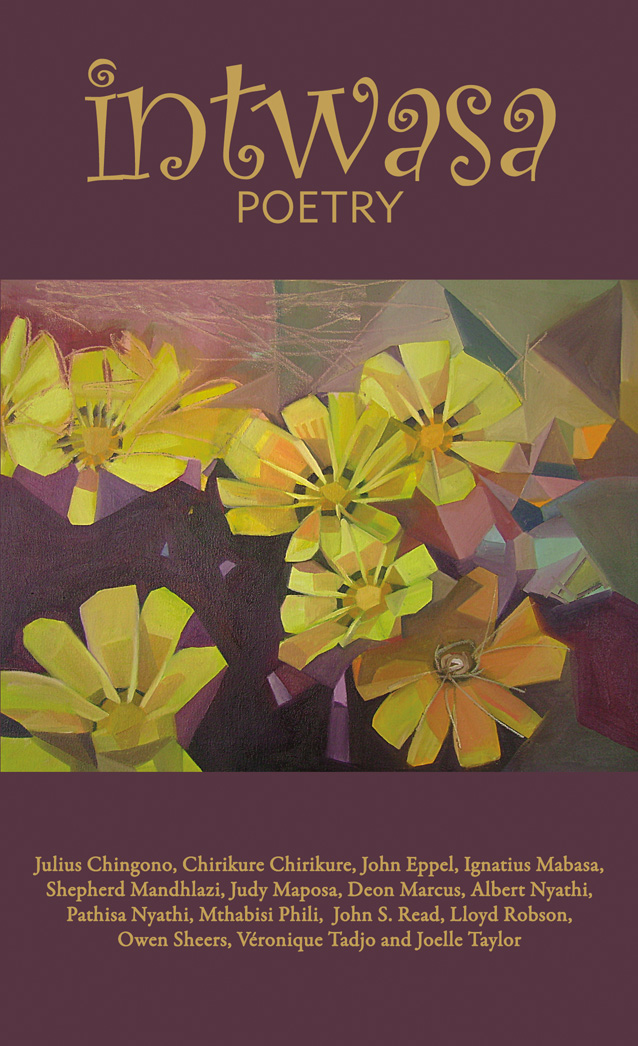


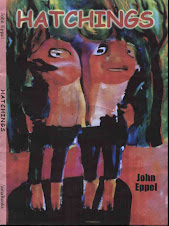













.jpg)

